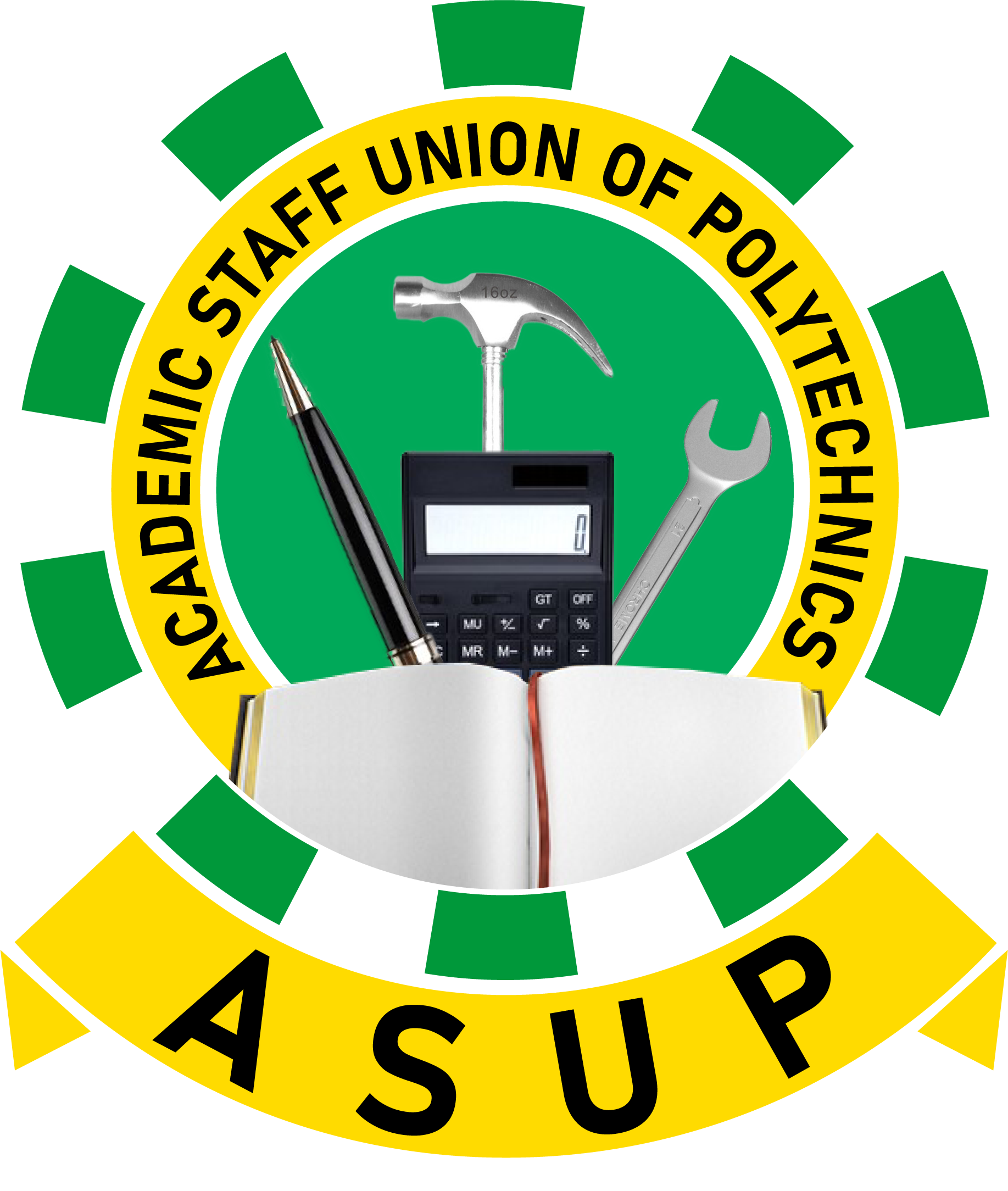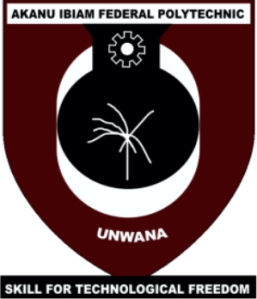

- ISSN: 2814 – 2802
- +234 0803 482 2346
- services@ajikt.org
CONSIDERATION OF ACCESSIBILITY CHALLENGES OF PERSONS WITH DISABILITIES IN PUBLIC BUILDINGS WITHIN AKANU IBIAM FEDERAL POLYTECHNIC UNWANA, EBONYI STATE.
Abstract
This study examines the extent to which the needs of persons living with disabilities (PWD) have been incorporated in the designs and construction of buildings and provision of facilities in Akanu Ibiam Federal Polytechnic Unwana, Ebonyi State, Nigeria. Twenty-eight buildings within the Polytechnic were assessed using a checklist. The investigation covered ease of use of toilets, ease of access to the entrances, ease of access to doors and openings, and provision of ramps and other access-related facilities. Staff and students of the school living with disabilities and others (without challenges of disabilities) at the school Physical Planning office were interviewed for their individual experiences on access to and use of building facilities. It was found that facilities such as entrances to auditorium/lecture hall, ramps, and staircases were not readily accessible to PWD. Fittings, such as directional signs, seats and spaces for wheelchair users were virtually absent in most of the buildings. Only 42% of the buildings investigated have provisions for a ramp and less than 18% are easily accessible to wheelchair users. Feedback from the interviews indicates that non-PWD do not have significant issues with the state of Polytechnic building/facilities, even as persons with disabilities voiced out their difficulties and disappointments with existing buildings/facilities. The study concludes that government leadership including MDAs (ministries, departments and agencies) and those responsible for the design and construction of public buildings, especially for schools, should ensure that the needs of persons living with disabilities are always addressed. This is in terms of comfortable access and use of facilities. Existing buildings at Akanu Ibiam Federal Polytechnic Unwana needs to be retrofitted to accommodate disabled persons. Keywords: Disability, public buildings, accessibility, ramp, wheelchair